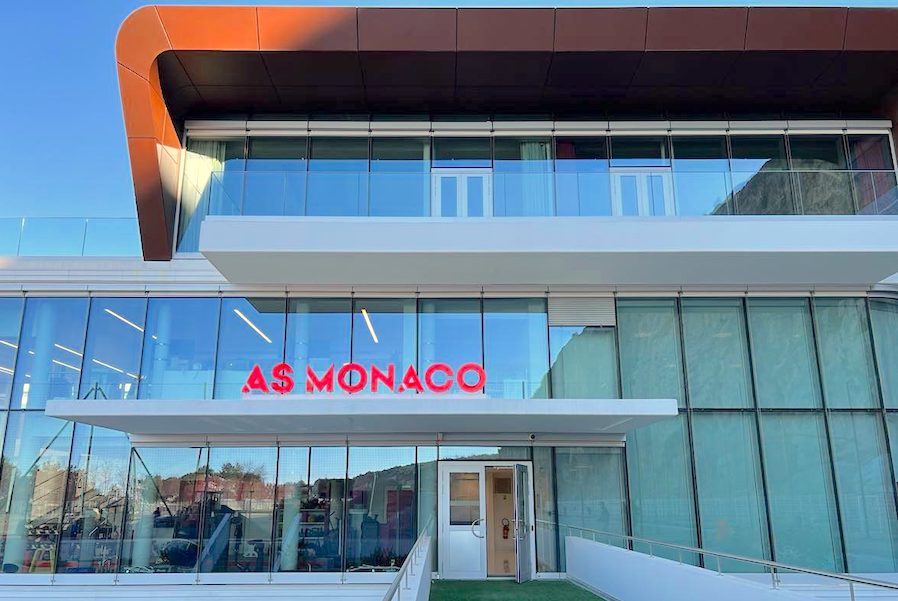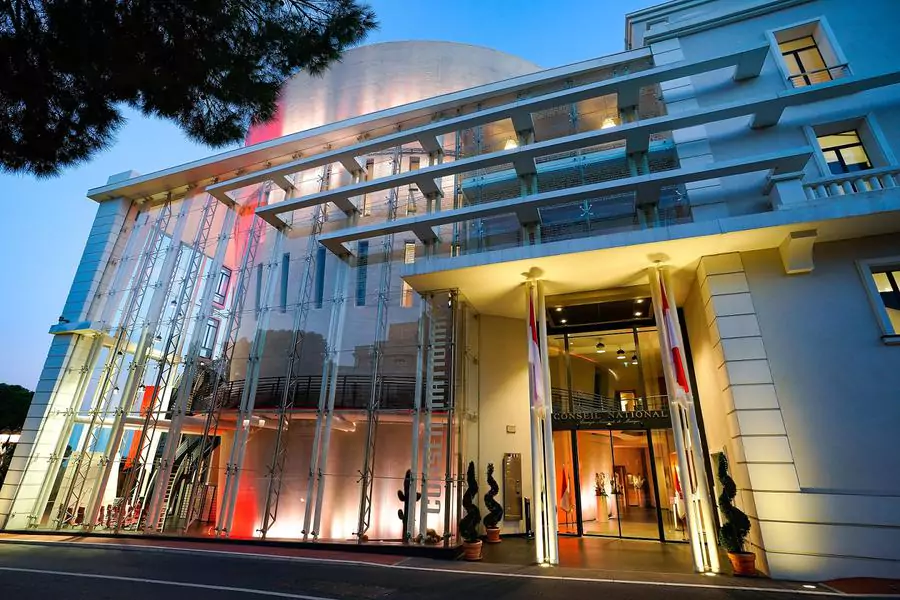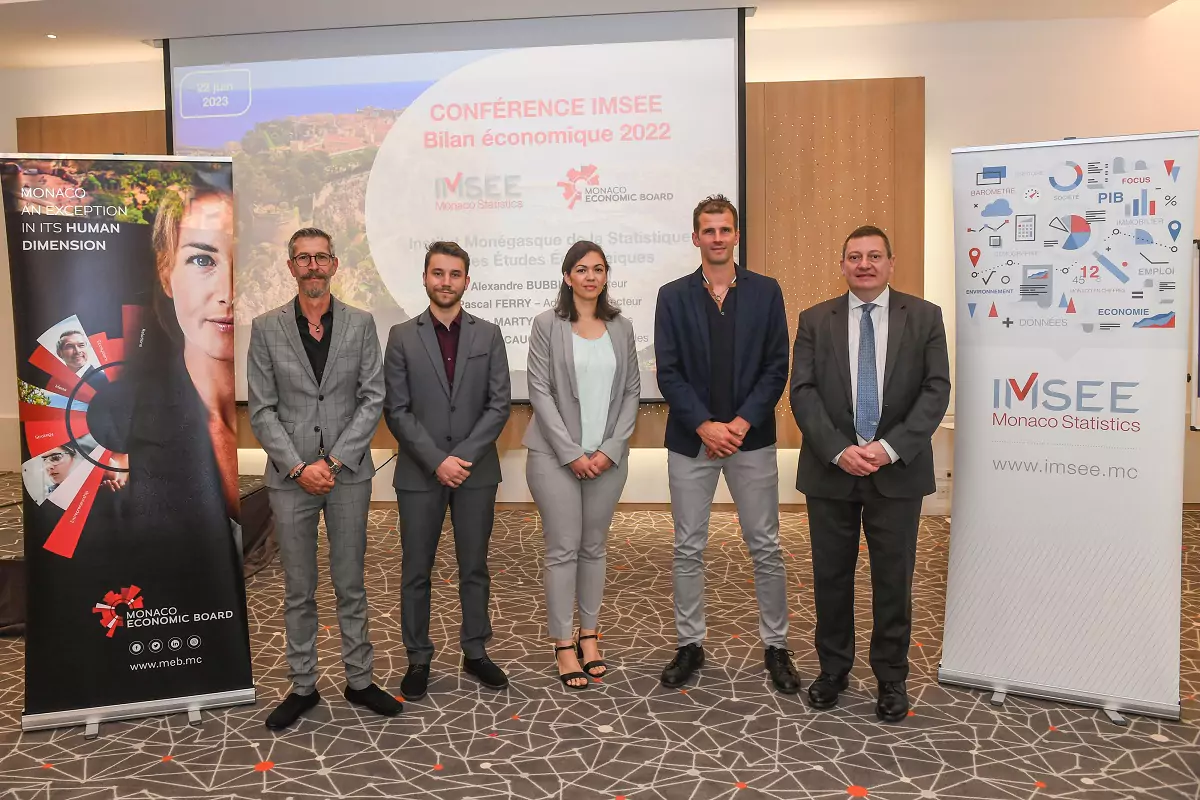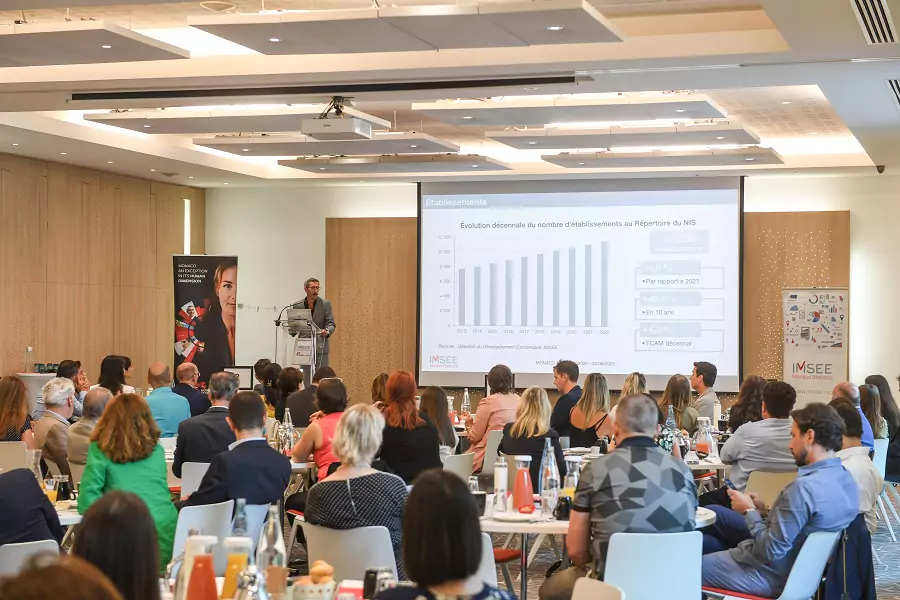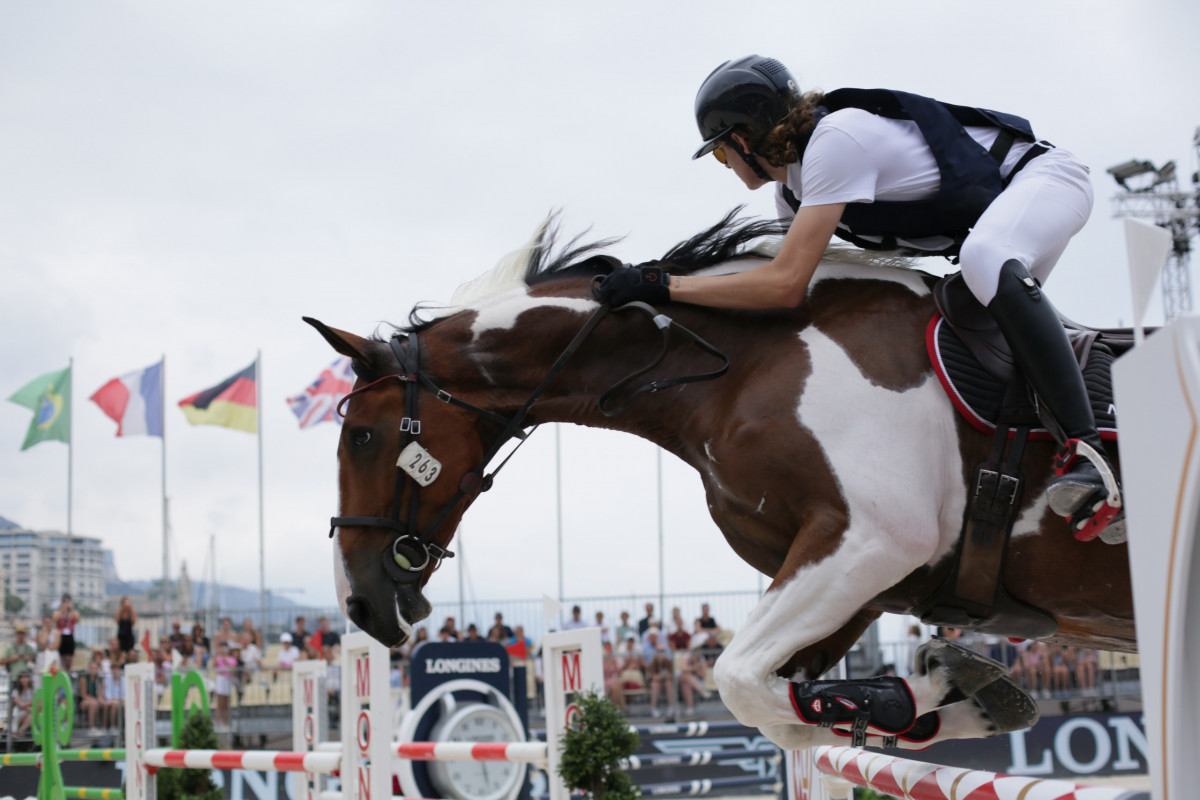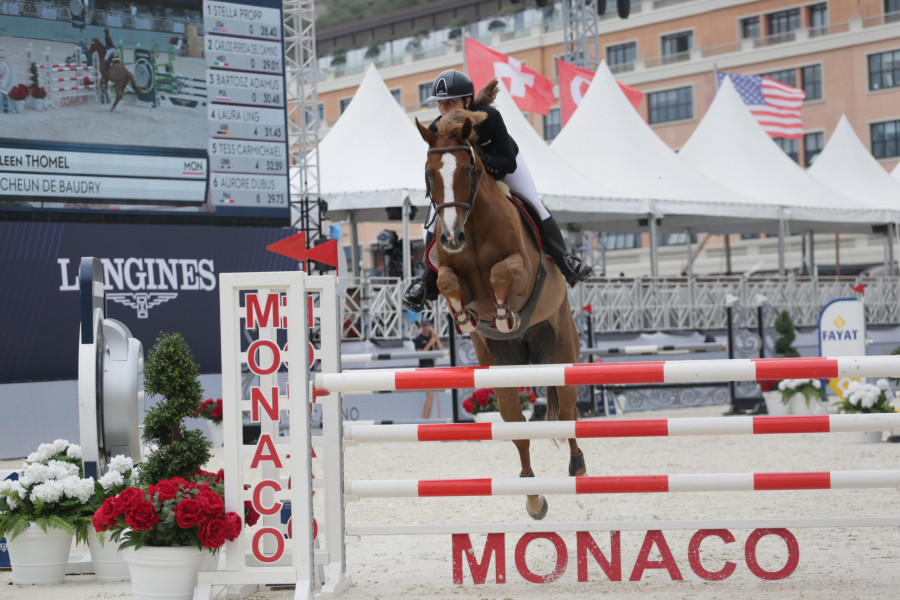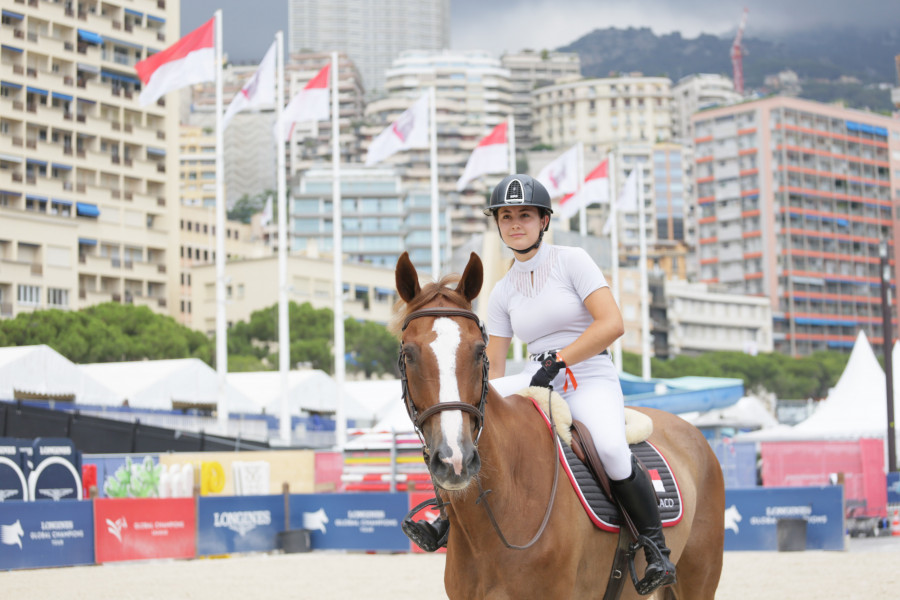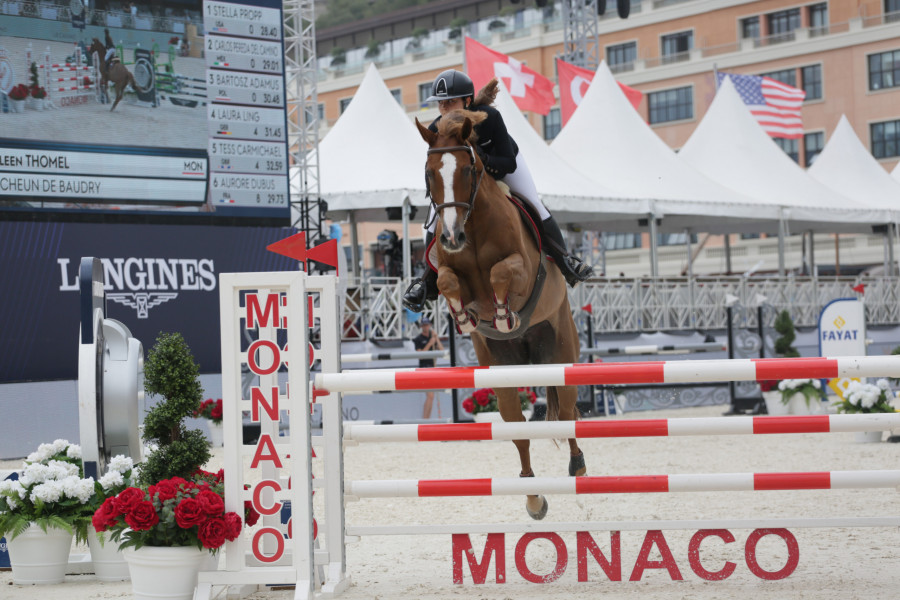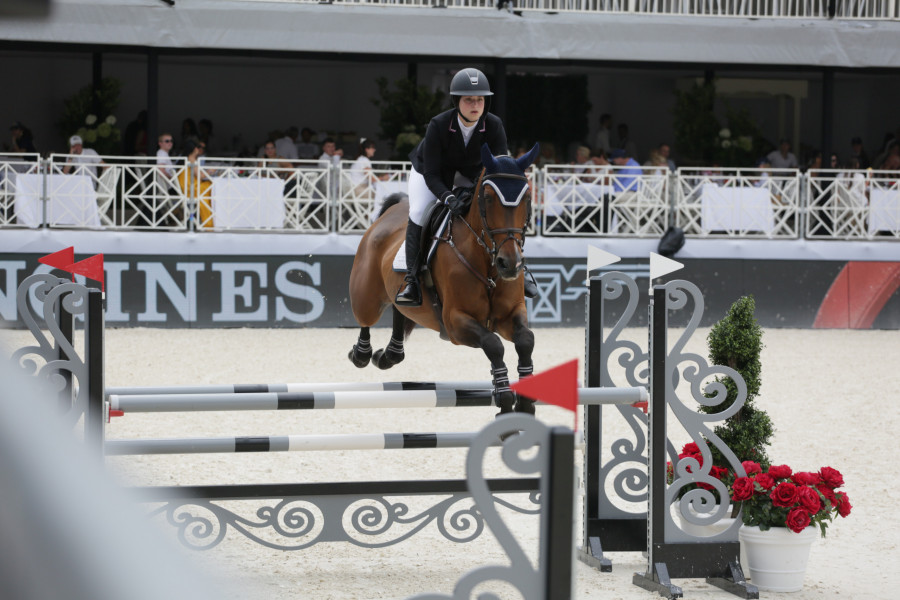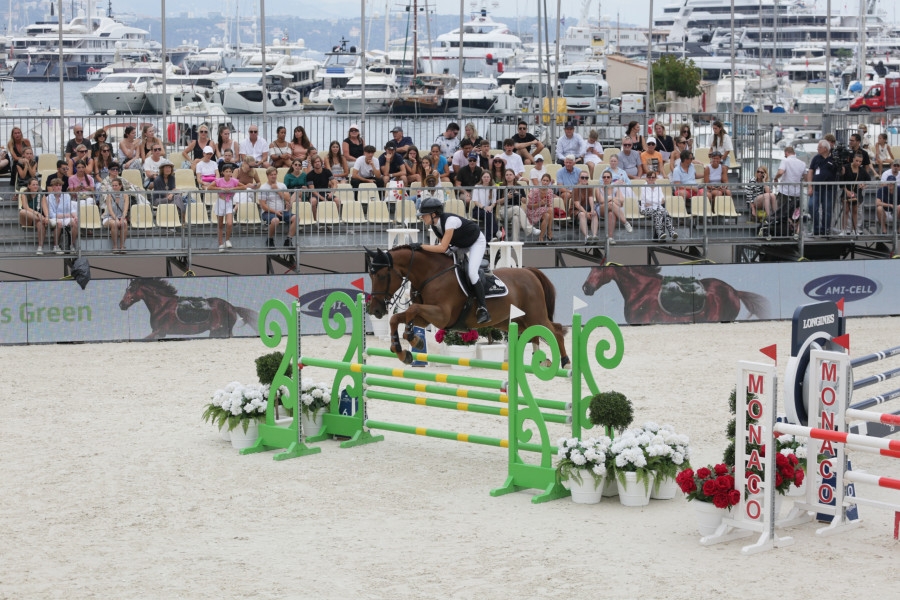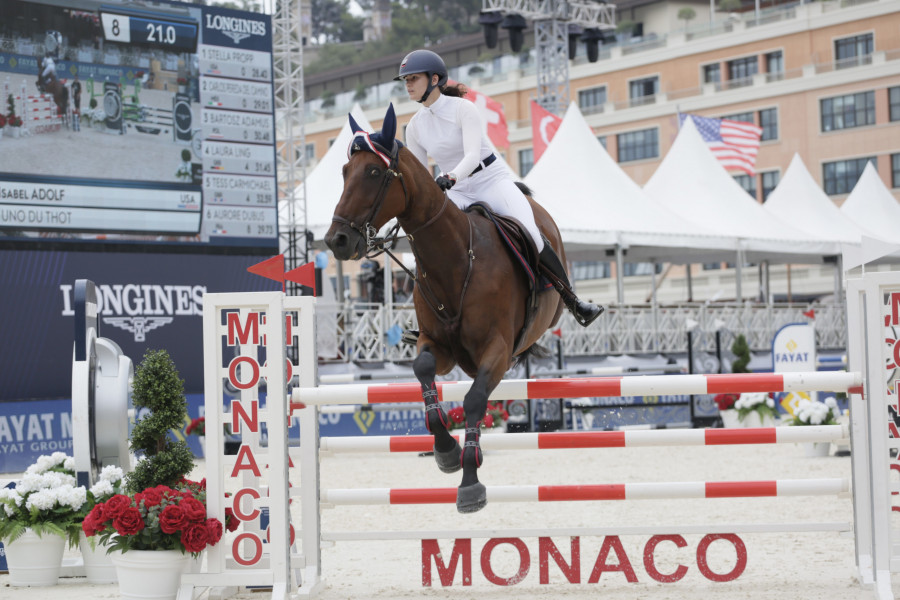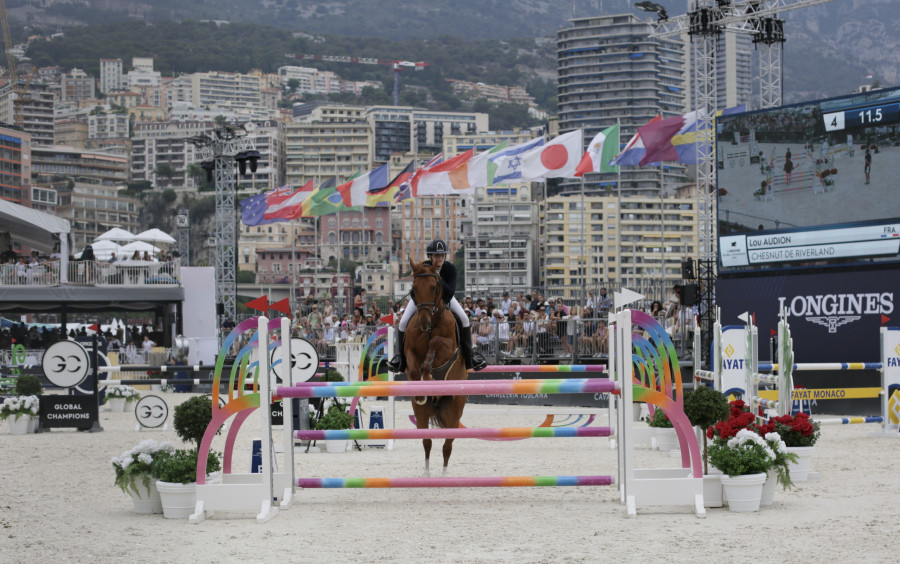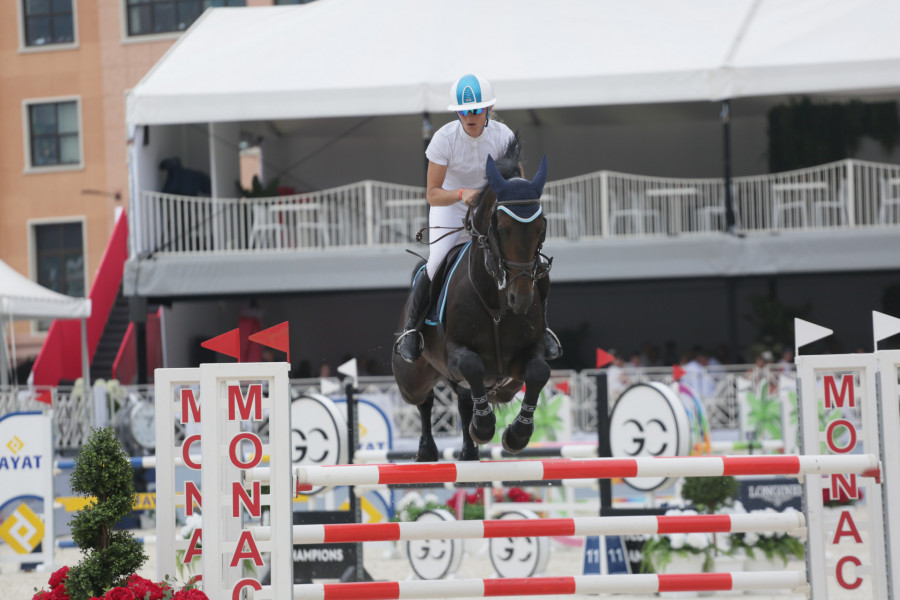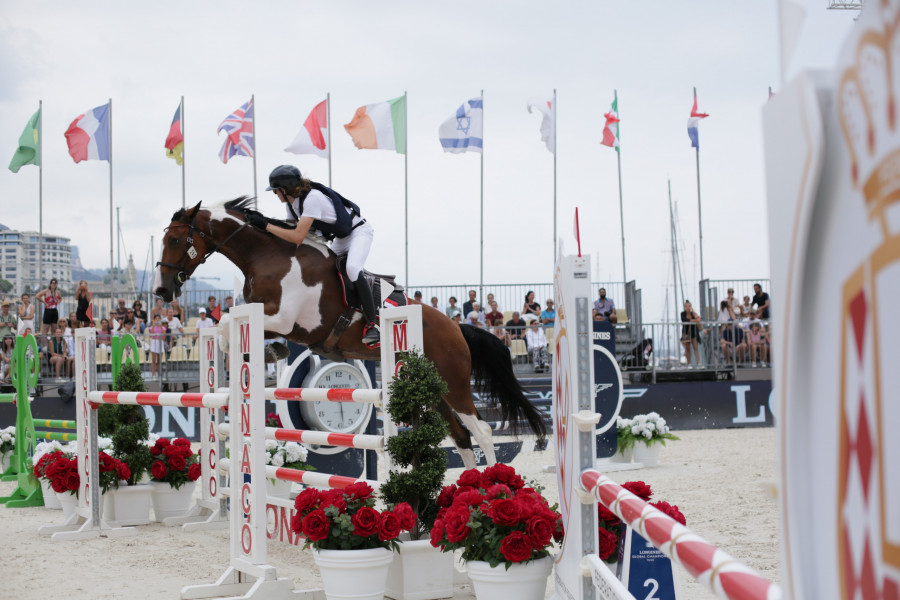The calendar for the 2023/24 Ligue 1 season has been revealed. Monaco Life looks through the key dates in AS Monaco’s campaign.
At present, Monaco’s calendar for next season is a lot less hectic relative to previous campaigns. There are two reasons for this. Firstly, the Ligue de Football Professionnel has reduced the size of Ligue 1 from 20 teams to 18. As a result, the number of league games has reduced from 38 to 34. Secondly, the club failed to qualify for European competition for next season. However, with Toulouse FC’s participation in the UEFA Europa League being called into question, Les Monégasques could yet secure a backdoor route into European football.
Here are some of the key dates in the calendar:
13/08/23 – Monaco begin their campaign away to Clermont Foot. The club were a surprise package last season, with Pascal Gastien doing an impressive job in extracting the maximum from a side that were tipped for relegation.
20/08/23 – Les Monégasques’ first game at home will see RC Strasbourg Alsace come to the Stade Louis II. The club has recently been in the headlines after its takeover by BlueCo, who also own Premier League side Chelsea. Monaco did the double over the Alsace side last season, winning in spectacular fashion (4-3) in the Principality in early April.
24/09/23 – The first Côte d’Azur Derby will take place in Monaco. Nice come to town in late September and Les Monégasques will be hoping to produce a better performance than last season, when Les Aiglons scored three goals without reply on their way to a comfortable victory at a sodden Stade Louis II. The return match will take place in the Allianz Riviera on 11/02/24.
01/10/23 – The arrival of Olympique de Marseille is always one of the most anticipated moments in any Ligue 1 season for Monaco. Their Mediterranean rivals always come in numbers and will likely fill the away end of the Stade Louis II, as they often do. The match will conclude an intense week of football in the Principality, which will see both of the club’s closest rivals come to town.
17/12/23 – The last match at the Stade Louis II of 2023 promises to be an exciting one. Olympique Lyonnais will be wanting to improve on recent seasons in 2023/24 and have ample firepower to cause Monaco problems.
14/01/24 – Will Still’s Stade de Reims will come to the Principality for the first match of 2024.
03/03/24 – Tickets are always in short supply when Paris Saint-Germain come to town. Despite winning back-to-back titles, PSG have failed to win at the Stade Louis II in their last two visits. Monaco have won both of those matches, scoring three goals on both occasions. One of the biggest questions is whether PSG forward Kylian Mbappé will make a return to his formative club. The France captain is being strongly linked with a departure this summer.
18/05/24 – The 2023/24 season concludes with FC Nantes’ visit to Monaco. The hope will be that, going into the match, Les Monégasques are in pursuit of silverware or at least a spot in European competition for the following season. The end-of-year calendar is slightly kinder to Monaco next season with the final game preceded by matches against Clermont and Montpellier. April, however, looks tricky with matches against Stade Rennais, Lille OSC and Lyon.
The exact timings of the fixtures will be decided closer to the time. Monaco’s 2023/24 calendar can be viewed in full here.
Sign up for the Monaco Life newsletter. For the latest news, follow us on Facebook, Twitter, Instagram and LinkedIn.
Photo by Luke Entwistle, Monaco Life
